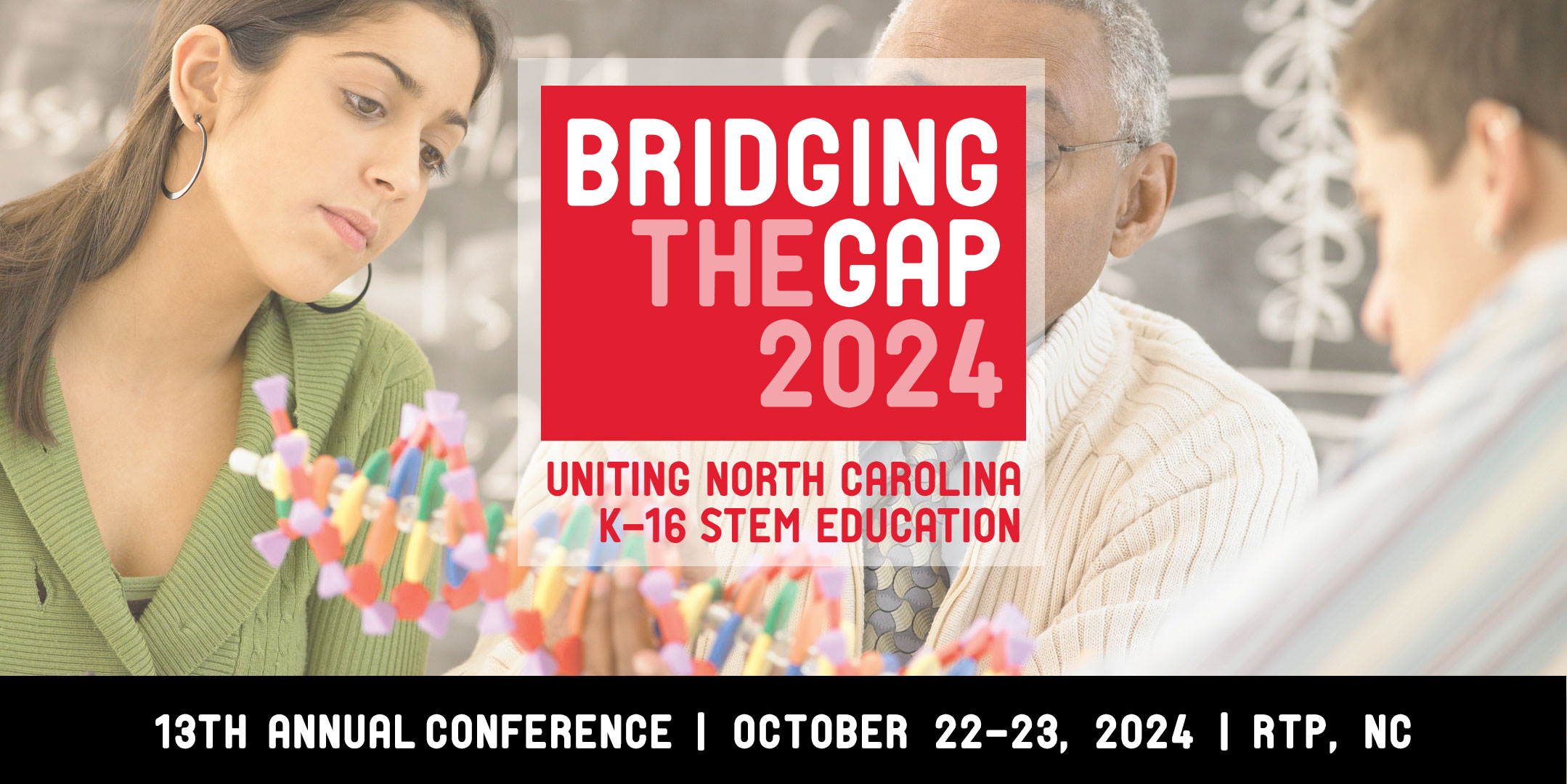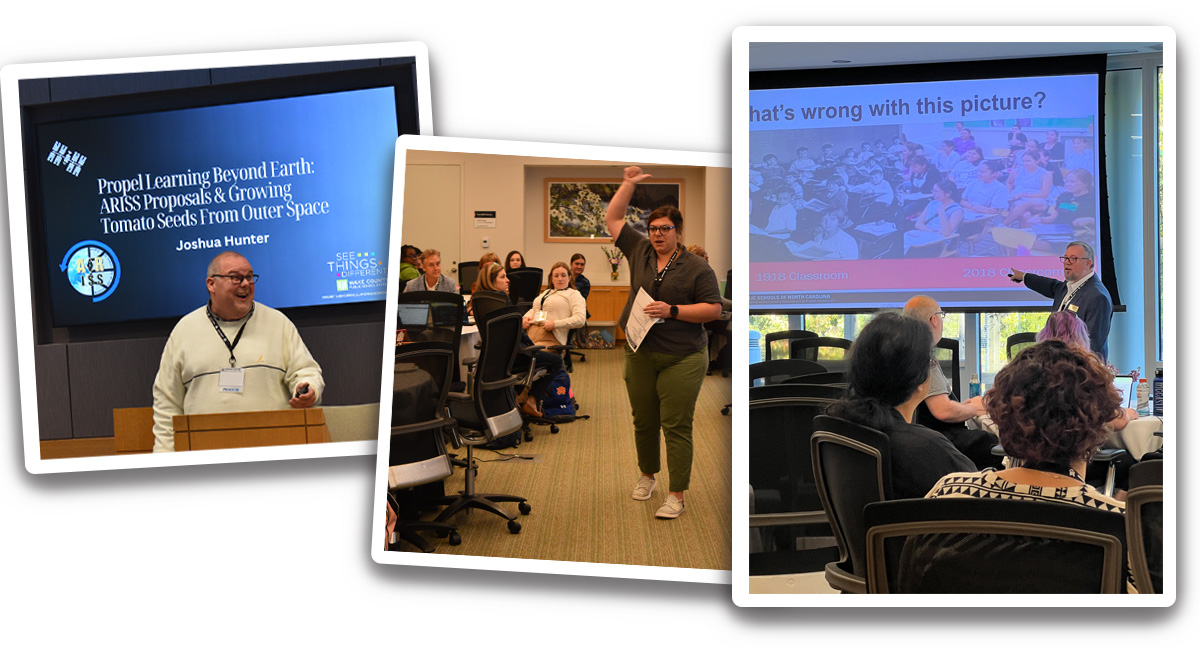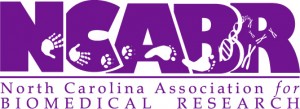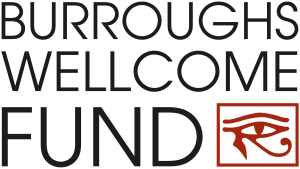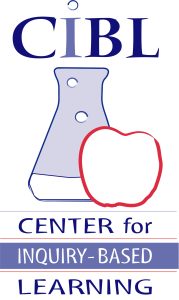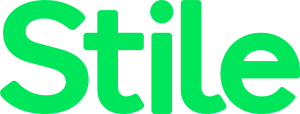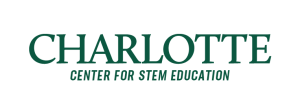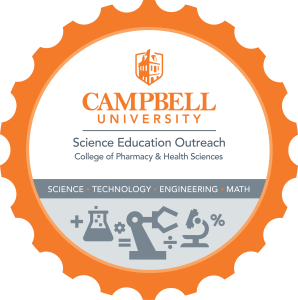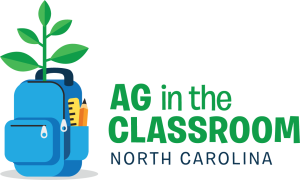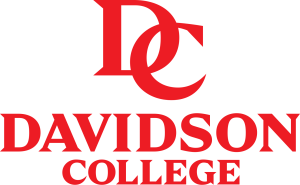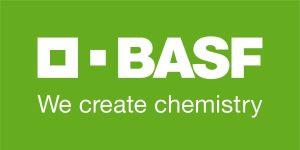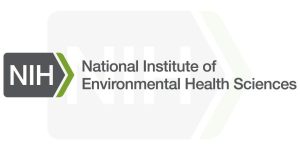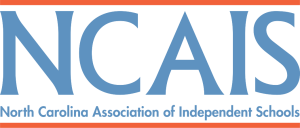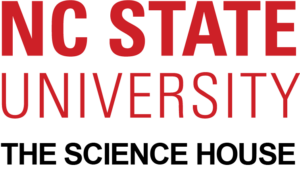The following is a national call for speakers, open to all STEM stakeholders, including K-12 educators and administrators, higher education faculty and students, and those representing nonprofit organizations, government agencies and other STEM groups.
Presenters are asked to share resources and best practices in STEM education. Presentations should be engaging and should foster collaboration between K-16 STEM education communities.
Each session will be 40 minutes in length.
IMPORTANT DATES
June 19
- Deadline to submit application to present
July 16
- Deadline for presenters to be notified
August 20
- Deadline for presenters to register for the conference or presentation will be cancelled.
October 7
- Deadline to upload slides and/or other materials to be made available after the conference.
October 14
- Deadline for outstanding invoices or presentation will be cancelled.
REGISTRATION PRICING FOR PRESENTERS
If your presentation is approved, each person who will be physically present in your presentation must purchase a conference registration. Up to three presenters for each approved presentation will receive a 25% registration discount. (This is in addition to any “early bird” rates that may be in effect for all conference registrants.) A special code to receive this discount will be included in each presenter acceptance email. Please note that the additional 25% discount is limited to individuals listed on the presentation application. Presenter registration discounts cannot be combined with any other registration discounts.
PRESENTER UPLOADS
Presenters who would like to make their slides and/or other materials available on the conference website should upload their slides using the button below no later than October 7. We will post them after the conference ends.
PRESENTATION CATEGORIES
Citizen Science
40-minute presentation
Provides instruction and ideas for implementing Citizen Science with K-12 students. Citizen Science is the collection and analysis of data relating to the natural world by members of the general public, typically as part of a collaborative project with professional scientists. Sessions may address:
- Implementing Citizen Science in the classroom
- Working with research partners
- Web-based tools and resources
- Co-creating new Citizen Science topics with researchers
- Data matters: Going from raw data to impact and classroom connections
Hands-On, Minds-On Instructional Practices
40-minute presentation
Provides teachers with inquiry-based, hands-on activities and practical guidance for incorporating STEM in the classroom using cross-content integration. Sessions may address:
- STEM to STEAM, STREAM or STEMM: Strategies for building bridges across contexts and disciplines
- STEM in elementary education: Bringing science back into the curriculum
- Mathematical connections to the real world
- Integrating creativity in the hard sciences with STEAM
- Design thinking in the classroom
- Problem- and project-based learning (PBL)
- Instructional design innovations
- Vertical alignment
- The student-centered classroom
- Teaching tools for differentiated instruction
- STEM strategies and implementation
- Grand challenges and critical thinking in the classroom
- Online crowdfunding for classroom needs
Industry Connections: Employment Needs & Career Readiness
40-minute presentation
Links educators to industry leaders in the exploration of specific workforce needs both now and in the future. This track focuses on the connections between education and the world of work through industry insight. Sessions may include:
- Future workforce needs
- Specific STEM industry needs
- Diversity, equity and inclusion initiatives that address STEM industry employment needs
- Middle-skill STEM jobs
- Career readiness and employability
- Extreme vertical alignment
- Connecting education and employment
- Career and Technical Education (CTE)
- The 2+2 pathway
- Industry involvement in the classroom
- Digital disruption
- Entrepreneurial design for teaching
- Automation and artificial intelligence
Preparing and Teaching the Whole Child
40-minute presentation
Explores learning from a whole child development perspective, which recognizes the complex environments in which educators must work while empowering students with the latest STEM learning. This track also explores how to prepare students for today’s information environment and it addresses practical applications and knowledge related to critical thinking, training and development for students and educators. Sessions may address:
- How to support learning, informed instruction and intrinsic motivation
- How to communicate high expectations in the classroom
- How to develop student motivation, efficacy and perseverance
- STEM assessment: Formative and summative
- Social-emotional learning (SEL) and whole child development
- Connections between student wellness and academic success
- Deeper learning: 22ndcentury skills, including soft skills
- Communication, critical thinking, collaboration and creativity
- What we believe about critical thinking skills and why
- Media and digital literacy
Spanning Silos
40-minute presentation
Connects higher education researchers with K-12 educators to explore the practical application of learning theory and current research in classroom instruction. Sessions may include:
- The science of learning in the real world
- Applying research to personalized learning
- Free and open resources, textbooks, materials and courses
- Curriculum mapping and authentic higher education experiences
- Contextualized instruction
- Higher education collaboration opportunities
- Blended environments and classroom community connections
- Higher education and community collaborations to foster diversity, equity and inclusion in STEM
STEM 101: Exploring the Basics
40-minute presentation
Provides K-12 teachers with practical strategies to meet STEM classroom needs (time management, space, integration, differentiation, funding, etc.). This track is geared for educators and partners who are new to STEM.
STEM for All
40-minute presentation
Explores ways to design a STEM learning experience that meets the unique and differentiated needs of all children in the classroom. Leveraging the latest research in universal lesson plan design, educators will learn how to develop lessons and activities that work for all students. Sessions may address:
- Serving K-12 gifted students
- Serving K-12 students with disabilities
- Diversity, equity and inclusion initiatives in K-12 STEM education
- Pedagogies for mentoring underrepresented students in higher education
- Reaching low SES (socioeconomic status), rural, urban and minority students
Teacher Delight
40-minute presentation
Explores the recipe for redefining the teacher role in the classroom and ways teachers can feel supported and empowered in their work. Sessions may address:
- Redefining the teacher role: Moving from lecturer to facilitator
- Communication and partnering with parents
- Professional development and capacity building
- STEM discoveries: Fascinating new findings
TechSpace
40-minute presentation
Proposes alternative classroom designs that encourage active learning and development. This track focuses on emerging pedagogies and technologies designed to activate learning in new and meaningful ways. Sessions may include:
- Artificial intelligence
- Augmented reality
- Alternative classroom design
- Gamification of learning
- The future of coding in the classroom
- The tools, mindset and materials of makers
- Makerspaces and virtual labs
- Augmented reality
- STEM video games
- Artificial intelligence
- Family Code Nights


